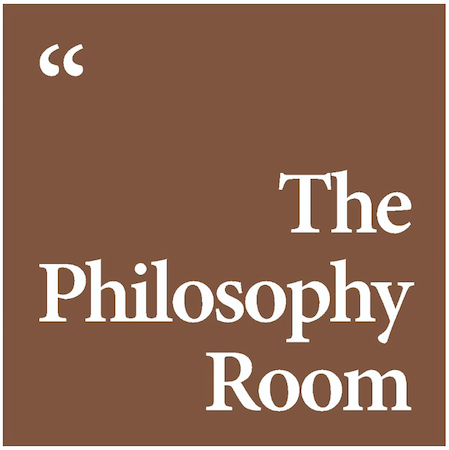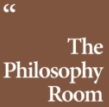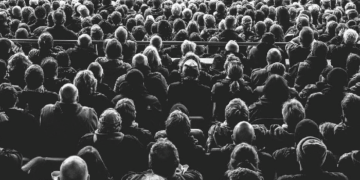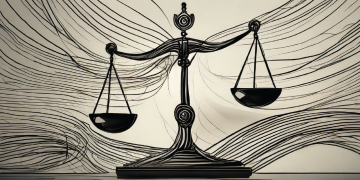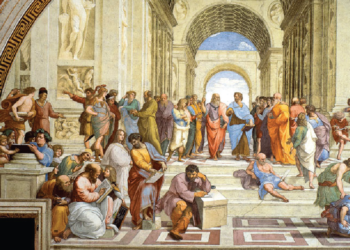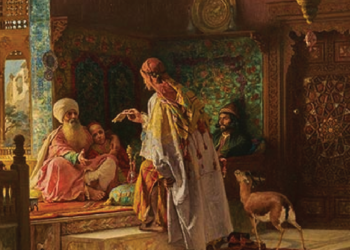Moral Licensing
1) What is Moral Licensing?
Moral licencing is the idea that after acting morally at first, people are more inclined to act in ways that are later seen as immoral, unethical, or otherwise objectionable. The majority of us want to believe that our moral compass is essentially intact. When we make a mistake, we feel bad about it and vow never to repeat it. We also have a propensity to balance out our wise and foolish choices, however. We could rationalise to ourselves that since we typically recycle, it’s acceptable that we didn’t this week. Or that since we went for a run yesterday, it’s okay to have that second piece of cake. This psychological bargaining, known as “moral licencing,” explains why people who initially behave morally are more likely to later exhibit unethical, problematic, or morally dubious conduct.
2) Moral Licensing in Politics:
When we do something right and then justify doing something bad, this is known as moral licencing. “Past good deeds might empower individuals to engage in behaviours that are immoral, unethical, or otherwise problematic, behaviours that they would otherwise avoid for fear of feeling or appearing immoral,” according to a Stanford research on the subject.
In one early trial, participants were encouraged to shop online at either a standard store or an eco-store. Then they were instructed to participate in a short game where they could secretly split a quantity of money with a stranger. The likelihood of cheating and giving themselves more money increased among those who had shopped at the green store. Looking through the green goods provided a sort of “moral offset,” a virtuous credit chip they could use to justify robbing a total stranger.
Studies have also demonstrated that individuals who voice their opposition to sexist hiring practises are more likely to choose a man for a position where males predominate. People who endorsed Obama for president have engaged in racist behaviour in their daily lives.
The rebound effects that affect the energy efficiency industry are partly caused by moral licencing. After our washing machine squeaked itself off to the junkyard, I recently purchased a new one. It has a good energy rating, so I’ll be watching how we use it. According to research, customers who purchase energy-efficient appliances end up using them more than they did before, erasing any savings. The user is given permission to be more extravagant in other areas because they did a nice deed by purchasing the more efficient model.
According to psychological research, people are more likely to make a prejudiced decision after being offered the chance to demonstrate their lack of bias. Experiments with fictitious job applications from black and white individuals have tested this.
What if a country has just had the chance to prove to the rest of the world that it is forward thinking and prejudice-free by electing the first black US president? It demonstrates the lack of racism among Americans and the eradication of institutional racism. Then, perhaps, some people feel empowered to vote for a president with white nationalist views because they have subconsciously banked some moral credit.
By no means do I believe that moral licencing provides us with a complete account of what is taking place in recent times. There are several aspects to what is happening right now, such as globalisation and inequality. However, it might help to understand why one of the most forward thinking and hopeful periods in US racial relations has been so closely followed by its antithesis.
3) How can we avoid moral licensing?
We can start studying ourselves through awareness to see if we can spot any occasions in which we perform moral licensing. Do we act with virtue (as we define it) and then seize the chance to reap a “sinful” reward? Or does the mere thought of carrying out something “nice” make us want to seek for a treat?
With mindful eating, we emphasise the need of letting go of judgement and the need to avoid categorising food as either good or negative. But it becomes even more crucial when you are aware of moral licencing. Cheating on your diet is not a fatal sin, cheating on your taxes or your marriage may be morally wrong. We need to take a step back and concentrate on what is actually deserving of criticism and judgment.
We must also concentrate on our personal ideals. We must keep in mind the kind of person we want to be and the ways in which our deeds can reflect those values. It’s not about carrying out the “right” deed because we think it will turn us into a good person. Moving past the limitations of moral licencing needs understanding that who we are is the self that desires the best for us,
